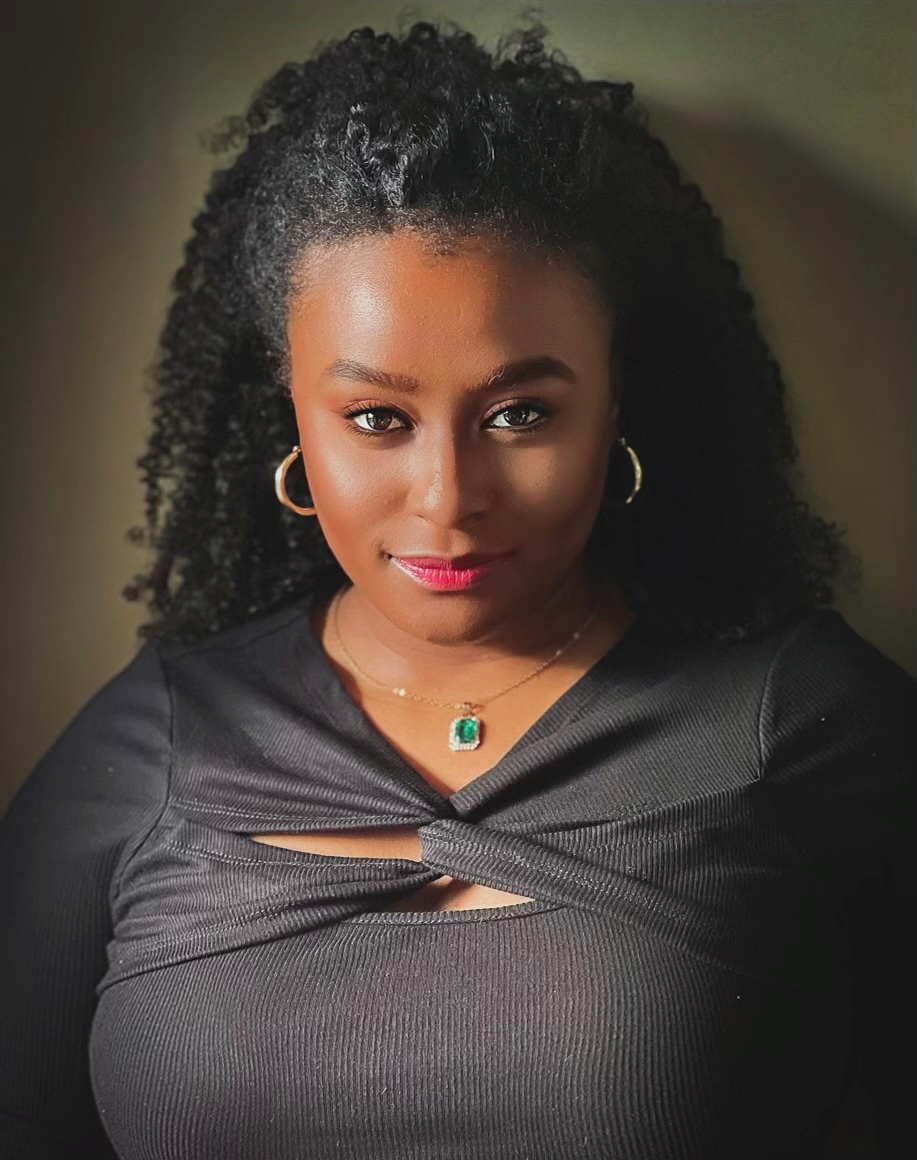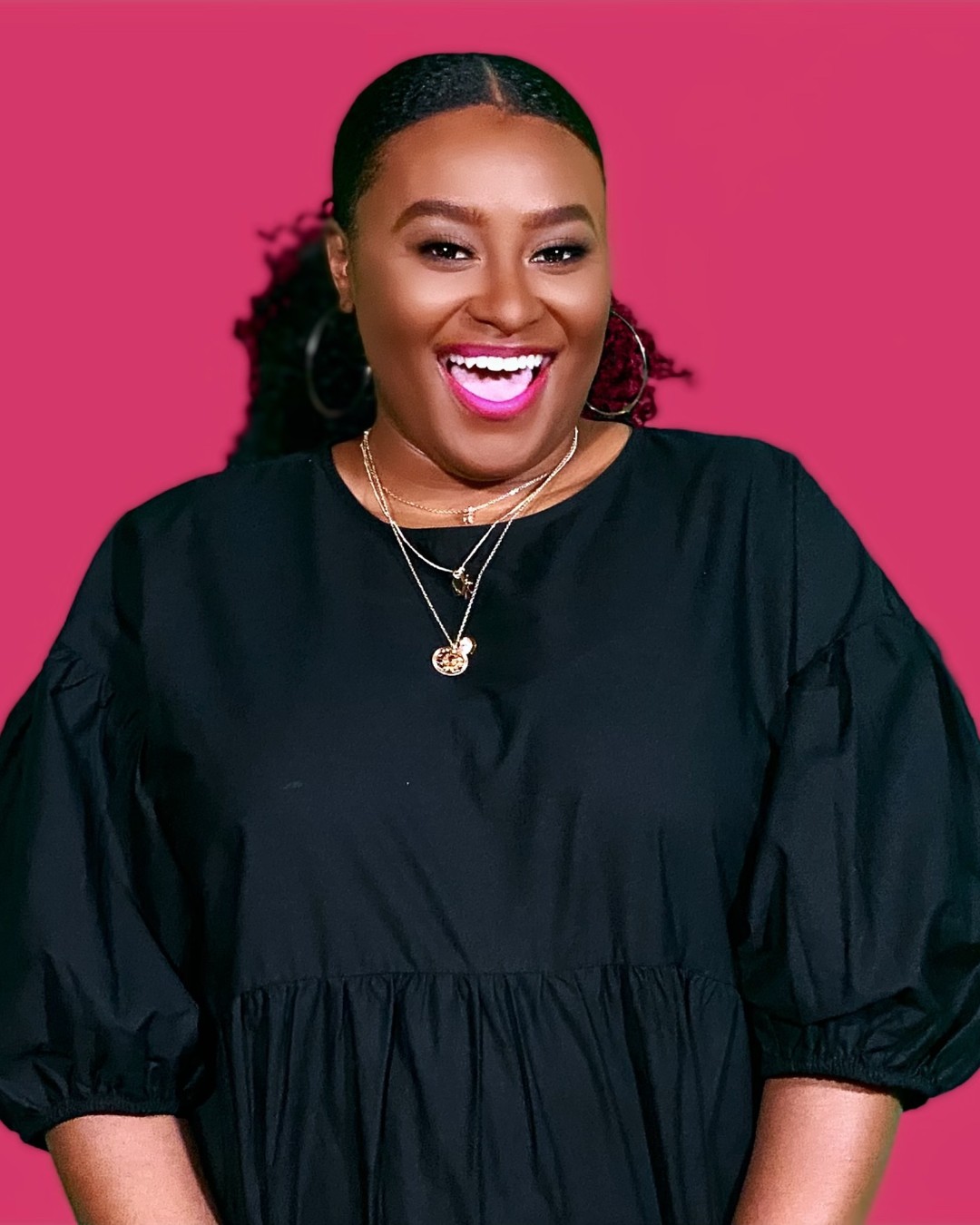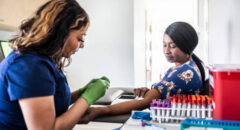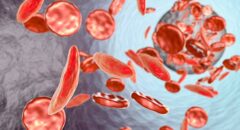
At age 7, Jori Smith had her first sickle cell pain crisis while in first grade. The pain was so bad she spent two weeks in the hospital and had to go through rehab to learn how to walk again.
“It was a shock for me because I mean growing up, up until that point, sickle cell wasn’t necessarily brought up a lot with me,” Smith shares. “My parents knew and of course, were working hand-in-hand with my doctors, but I didn’t have much of an idea of what was going on.”
She was diagnosed with sickle cell disease (the most common genetic blood disorder in the U.S.) when she was just two weeks old, but up until this point, only suffered from infections and colds as a result.
Her younger brother also has sickle cell, which occurs in 1 in 365 Black or African American births, and he began experiencing pain crises around the same time.
Jori’s pain crisis marked the beginning of her family’s educational journey with sickle cell disease.
RELATED: 8 Ways To Live Your Best Life With Sickle Cell
Growing up with sickle cell
“It was a lot of education for my parents just so they could provide or help provide the best care for us as well as explain it to us the best way they could,” Smith says. “There were a lot of small conversations, especially when I was sick, talking me through okay you have this blood disorder and sometimes you experience this pain, sometimes you will experience infections and colds and the flu.”
This conversation was followed up by things she could do to protect herself.
“‘Make sure to wash your hands.’ ‘Make sure you bundle up when it’s cold.’ ‘Make sure you hydrate.’ So, it was explaining kind of why I was sick or why I was in pain, but also in the moments when I was well- you have medicines to take, make sure you’re taking your vitamins . . . all the things that I need to do to maintain my health in those moments when I was well,” Smith adds.
Her parents also prepared her and her brother for the day they would have to advocate for themselves when they became adults. Years later this advice would pay off as Smith prepared to head off to college.
Although Smith’s college was only a three-hour drive from home, the transition into adulthood wasn’t an easy one. The good news, however, is that she had her parents’ advice to get her through it. In preparation for the transition, she began sharing her diagnosis with a few friends in her senior year of high school.
“It was great because although they didn’t understand everything, they were receptive to the idea. ‘Okay we’ve got your back we know what to do in certain moments.’” Smith shares.
Growing up, Smith didn’t speak about having sickle cell. In fact, until she met her best friend, her brother was the only person she knew with sickle cell disease. While growing up with a brother that has sickle cell was somewhat of a blessing for Smith, in some ways, it wasn’t. Although she found comfort in having someone who could relate to what she was going through, she also knew he was experiencing the same feeling of isolation.
That is why sharing the news of her sickle cell disease diagnosis with her friends for the first time helped her gain confidence and realize that speaking up was okay.

“I remember growing up just feeling a lot of shame and confusion,” Smith notes. “When I was asked ‘are you okay, or what’s going on?’, I would just blow it off like it’s not that big of a deal. . . because I didn’t really have all the vocabulary.’”
“I just felt shame around it- embarrassment because you’re automatically feeling different from other kids, so that, in addition to being sick, having multiple doctor visits, [and] being in-and-out of school,” Smith says.
In the U.S., it is estimated that over 100,000 people have sickle cell disease and may require frequent blood transfusions throughout their lifetime.
Smith recalls the moment she had to receive a blood transfusion at the age of 13, even though the actual events leading up to the transfusion are a bit hazy.
“That experience is still a little hazy just because I was in really bad shape. All I know is I was at my local hospital and had to be transported to another hospital an hour away, and it was touch and go. They were really considering putting me in ICU, and I think one of the doctors suggested a blood transfusion, and that was the move that really turned things around for me,” Smith shares.
RELATED: Surprising Health Benefits Of Donating Blood
Advocating for sickle cell warriors
Today, Smith has learned to manage her sickle cell as she gets older. “Growing up, it was a lot of pain crises in my limbs. my arms, my legs. Now it’s my back or hips,” Smith shares.
Fortunately, she’s only down about once a year. This is what prompted her to advocate for sickle cell warriors who may be down more than her.
“I made the decision to be an advocate and do the work on behalf of other warriors who are down more than me. I just felt that it was [my] responsibility so that when I’m up and when I’m well, when I’m not feeling fatigued and things like, that I really try to take every opportunity that I can get to speak up and advocate on behalf of all of us,” Smith shares.
She does so through her Sick of It Foundation, which she co-founded with her brother, Jarren.

The advice she gives fellow sickle cell warriors and caregivers is that “education and faith are key.”
“It takes a lot of faith, honestly, because times have been very, very dark, very confusing,” Smith recalls thinking back to her parents raising two children experiencing sickle cell in different ways. “A lot of education has gone into our journey, but also a lot of faith.”
RELATED: 5 Signs That You Should Get Tested For The Sickle Cell Trait
How you can “get in the ring”
For parents of sickle cell warriors, it will be important to pass the knowledge down to their children.
“If you have to break it down to a level where they can understand it, just make sure they understand what is going on in their bodies. Have conversations with them,” Smith adds.
She also hopes others will “get in the ring” with sickle cell warriors.
“While we fight for ourselves, it’s really great to have a community with us to fight with us,” Smith says.
She also encourages people to get tested for the sickle cell trait. “Please do so and be very intentional with family planning because we do want to break the cycle,” Smith concludes.
According to the American Red Cross, “It’s estimated that one in 13 Black or African American babies in the U.S. is born with sickle cell trait.” However, many individuals are unaware that they carry this trait because they were never tested.
Sickle cell trait screening is available for self-identified African American Red Cross blood donors, and results are available within one to two weeks of their donation through the Red Cross Blood Donor App and the online donor portal at RedCrossBlood.org.
Additionally, it is also important that more Black people donate blood because they have unique structures on their red blood cells that aren’t often found in other donor populations, making them almost 3 times more likely to be a match for patients with sickle cell disease than donors who are not Black or African American.
What’s more, 51 percent of individuals who are Black have type O (positive or negative), which is needed most by hospitals.
“We need Black people to donate just to ensure that we have enough group O blood on the shelves to meet all the transfusion needs of the general population. We need group O blood, particularly when there’s an emergency and you don’t know the specific blood type of a recipient,” says Dr. Yvette Marie Miller, the executive medical officer for the American Red Cross Donor and Client Support Center in Charlotte, North Carolina.
But even if you don’t have type O blood, donating blood can be beneficial for a sickle cell warrior.
For more information on donating blood, visit Joined by Blood.








